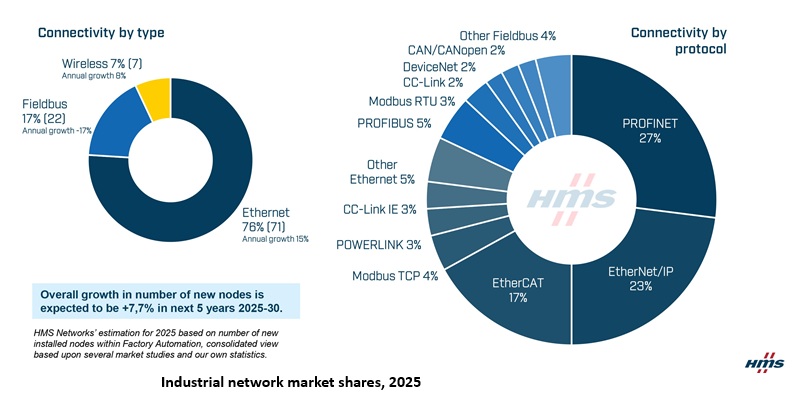Schedule a Call Back
Automation ensures ‘Right-First-Time’ production output: Sanjeev Dharwadkar
 Interviews
Interviews- Oct 28,24
Related Stories

Germany's Festo opens Rs 5 bn facility in Hosur, reinforces India commitment
The manufacturing facility, which will concentrate on the production of advanced pneumatic automation components, aims to cater to both domestic and global markets by delivering high-precision autom..
Read more
Schneider Electric launches next-gen TeSys Deca motor starters in India
The company has expanded motor control portfolio in India with the introduction of TeSys Deca Advanced 115A & 150A motor starters that can reduce CO? by 22%, enhance reliability, and improve efficie..
Read more
Industrial Ethernet now powers 76% of factory automation nodes: HMS Networks
HMS Networks’ 2025 report shows Industrial Ethernet now powers 76 per cent of new factory automation nodes, as fieldbus tech declines. Despite a short-term slowdown, long-term market growth is for..
Read moreRelated Products

Programmable Controllers - Pcd-33a Series
Pro-Med Instruments (P) Ltd offers a wide range of programmable controllers - PCD-33A Series.

Gasket Graphite Powder
Arihant Packing & Gasket Company offers a wide range of gasket graphite powder.
Asahi Kasei expands 3D printing filament sales in North America
Asahi Kasei, a leading resin and compounding technology provider, has initiated the sales of 3D printing (3DP) filaments in North America through Asahi Kasei Plastics North America (APNA). The soft la Read more














